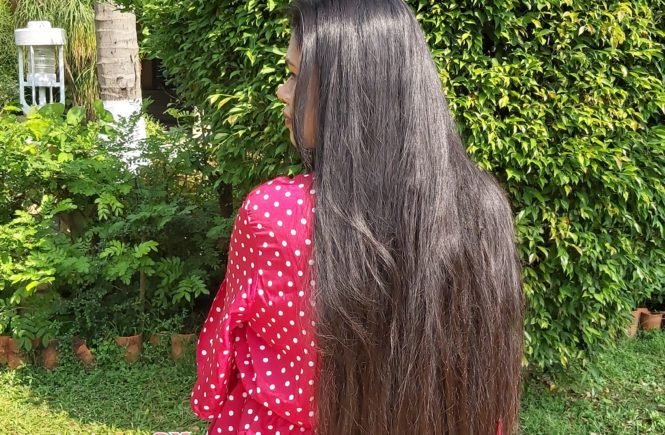Introduction
Do you find that your hair falls out too quickly? If yes, then keep on reading!
You will feel more confident when your hair is flawless, whether you are a man or a woman. But if you start to see patches or bald spots appearing unexpectedly, it might be a sign your DHT level could be higher than average.
In this blog post, we will go into extensive detail on “Dihydrotestosterone (DHT)” and what factors contribute to rising DHT levels and increased hair loss. Additionally, you will also learn how to treat it in its early stages.
What is DHT?
Your hair follicles secrete a hormone called as “Dihydrotestosterone (DHT)”, which is essential for both hair renewal and hair loss. Both men and women with insufficient levels of the hormone DHT in their bodies overproduce it, which results in hair loss. When you don’t have enough of something, your body starts breaking down its hormones to compensate for the deficiency. It might sound like bad news—but it isn’t!
How does DHT cause hair loss?

The relationship between Dihydrotestosterone (DHT) and hair loss is a controversial topic nowadays.
Some people believe that DHT causes hair loss, while others believe that it doesn’t. Let’s take a look at what we know about this relationship.
Follicles give rise to hair. Each hair follicles, has a single strand of hair which undergoes a growing cycle that lasts for 2 to 6 years.
The hair enters a resting phase after this cycle, at which time it begins to fall out.
Hair follicles may decrease when levels of androgens (testosterone or DHT) may rise, making hair strands weak, thinner and much more prone to breakage.
Men frequently go through it all in their 20s, but women typically become aware of it in their 30s and 40s.
The Difference between DHT and Testosterone
The production of testosterone involves the interaction of two hormones found in the human body, testosterone, and Dihydrotestosterone.
Although testosterone produces DHT as a byproduct, testosterone is the most common and active hormone.
Both are essential for sexual development and perform many of the same biological functions as testosterone. Stress and genetics are only two of the many complicated variables that can contribute to hair loss. There are additional causes of hair loss than testosterone, which is frequently the cause of male pattern baldness.
What causes DHT to increase in men and women?
The hormone luteinizing hormone (LH), which circulates in our blood, is produced by both the ovaries and the testes. The stimuli of those specific cells have an impact on the production of more testosterone, which impacts how your muscles react and how much hair grows. When testosterone is converted into Dihydrotestosterone, a testosterone metabolite known as DHT is produced.
3 ways for reducing increased DHT levels during hair loss
Although there are several hair loss remedies out there, we will only talk about hair loss that results from excessive levels of DHT production in both men’s and women’s bodies. Here are three alternatives for managing DHT:
1. Finasteride
DHT-induced male pattern baldness is treated with the FDA-approved drug Finasteride. It works by keeping testosterone from being converted into DHT by the enzyme 5-reductase. Based on findings from a 3-year placebo-controlled study including 493 males with mild to moderate miniaturized alopecia areata, the FDA approved the drug. Finasteride reduced hair loss by 51% when compared to a placebo (p 0.001).
2. Modification in Lifestyle
The greatest way to lower your DHT Levels is to change your lifestyle. Because the hormones that cause male pattern baldness are produced in the adrenal glands, stress and estrogen affect them. A diet rich in zinc and protein, regular sleep patterns, and moderate alcohol use will all have a favorable effect on the synthesis of these hormones.

3. Intake vitamins and minerals
Try to consider including adequate vitamin and mineral intake in your daily diet. If you have a problem such as hypothyroidism or if your low levels of important minerals like zinc, B vitamins, and iron are the cause of your hair loss, you should take such supplements.

The Bottom Line
Dihydrotestosterone (DHT) may had negatively impacted your body and general health in significant ways. It’s a good idea to consult with your doctor and discuss about available hair treatment options, if you think your DHT levels may be increased, particularly if you are anxious regarding hair loss.



